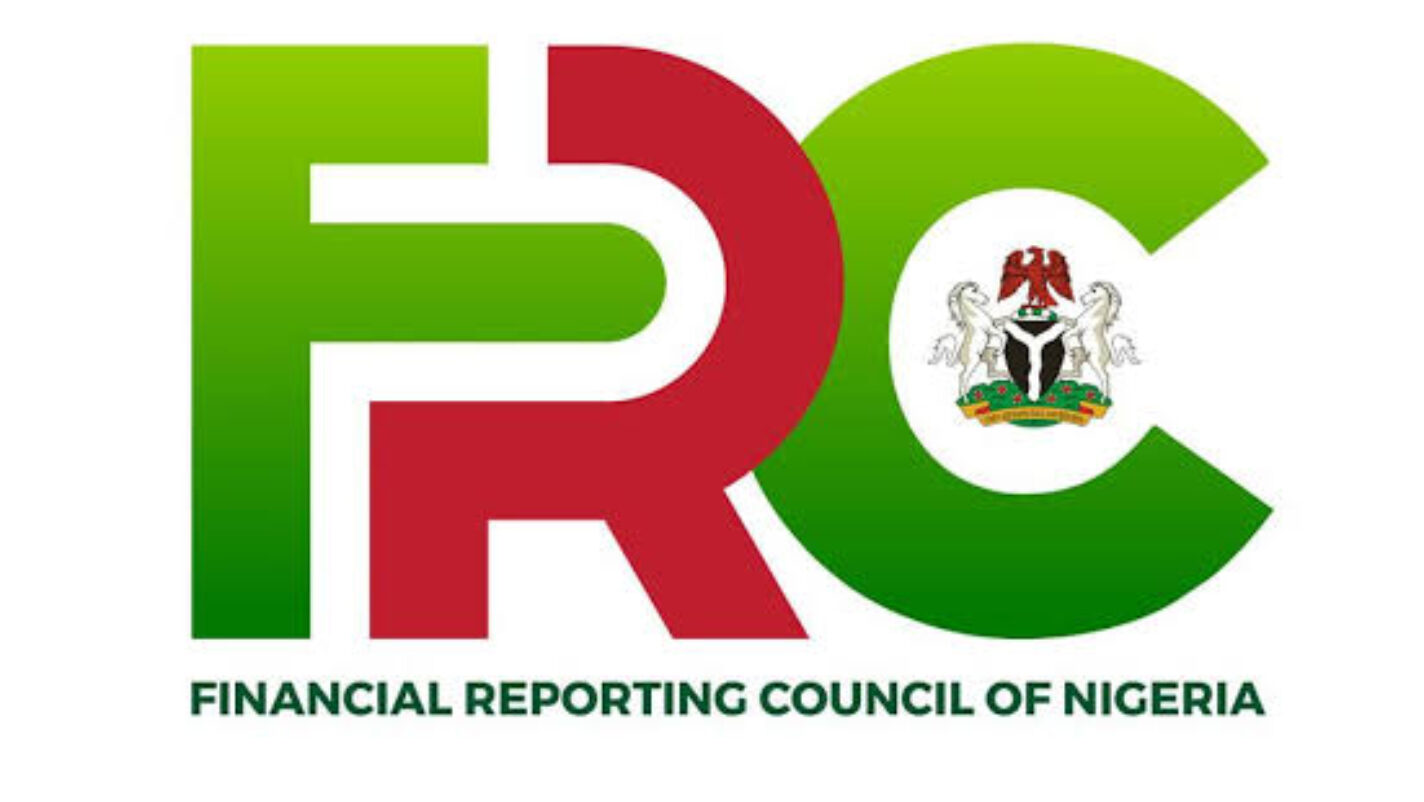
Operators have urged the Federal government to permanently cancel the reintroduction of the suspended annual levy imposed by the Financial Reporting Council (FRC) on public interest enterprises.
The charge has been suspended after an outcry by stakeholders. But operators warned that the levy, if reinstated, could discourage smaller firms from listing on the Nigerian Exchange (NGX) and push struggling companies toward delisting.
While the suspension has been welcomed as a temporary relief, concerns linger over whether the action is only a short-term reprieve. Stakeholders argued that unless the suspension leads to a more favourable long-term policy shift, companies will continue to face significant financial burdens under any revised framework.
The fear is that if modifications still result in substantial costs, smaller firms may opt out of the public markets, undermining Nigeria’s efforts to deepen its capital market.
Under the suspended framework, listed companies were required to pay either 0.0002 per cent of their market capitalisation or a flat fee of N25 million annually to the FRC.
While this fee may not significantly impact large corporations, smaller and mid-sized companies, many of which are already struggling with economic downturns, view it as an added financial strain.
The cumulative effect of such regulatory levies, they argue, could discourage new listings and create a hostile business environment that limits access to the stock market as a fundraising avenue.
Executive Director of Halo Nigeria Capital Management Limited, Dr Paul Uzum, emphasised that the suspension is only for 60 days, after which modifications will be introduced.
While the charges may appear manageable for Nigeria’s largest corporations, he warned that they could have devastating consequences for smaller firms already dealing with financial losses.
According to Uzum, an additional annual burden of N25 million could make listing unattractive for smaller companies, ultimately slowing capital market expansion and discouraging entrepreneurship.
Corroborating, President of the New Dimension Shareholders Association of Nigeria, Patrick Ajudua, described the suspension as a much-needed reprieve. He noted that companies and shareholders are already battling the harsh economic realities in Nigeria, and any additional financial burden would further weaken market participation.
In his view, the cost of doing business in the country is already high, and introducing more regulatory charges would only deter investment and undermine market confidence.
Similarly, President of the Ibadanzone Shareholders Association of Nigeria, Eric Akinduro, stressed the need for the government to go beyond a temporary suspension and consider a more permanent resolution.
He pointed to the broader issue of multiple taxation, which continues to weigh heavily on businesses and spike operational costs. He warned that businesses will pass the costs on to consumers if excessive regulatory fees persist, thereby exacerbating inflation and reducing purchasing power.
For him, a short-term suspension is insufficient; instead, he called for a complete removal of the levy to create a truly business-friendly regulatory environment.
Independent investor Amaechi Egbo also stated that the FRC’s decision to suspend the dues signals a recognition of the need for regulatory reform. He believes that beyond offering immediate relief, the move has the potential to improve Nigeria’s overall investment climate.
Egbo pointed out that investors, both local and foreign, closely evaluate regulatory compliance costs before committing capital, adding that reducing these financial burdens could make Nigeria a more attractive destination for investment.
Egbo further noted that the suspension aligns with the government’s broader initiatives to enhance Nigeria’s ease of doing business ranking. He emphasised that the decision creates an opportunity for increased dialogue between regulators, businesses, and policymakers to develop a more balanced and sustainable funding model for the FRC.






